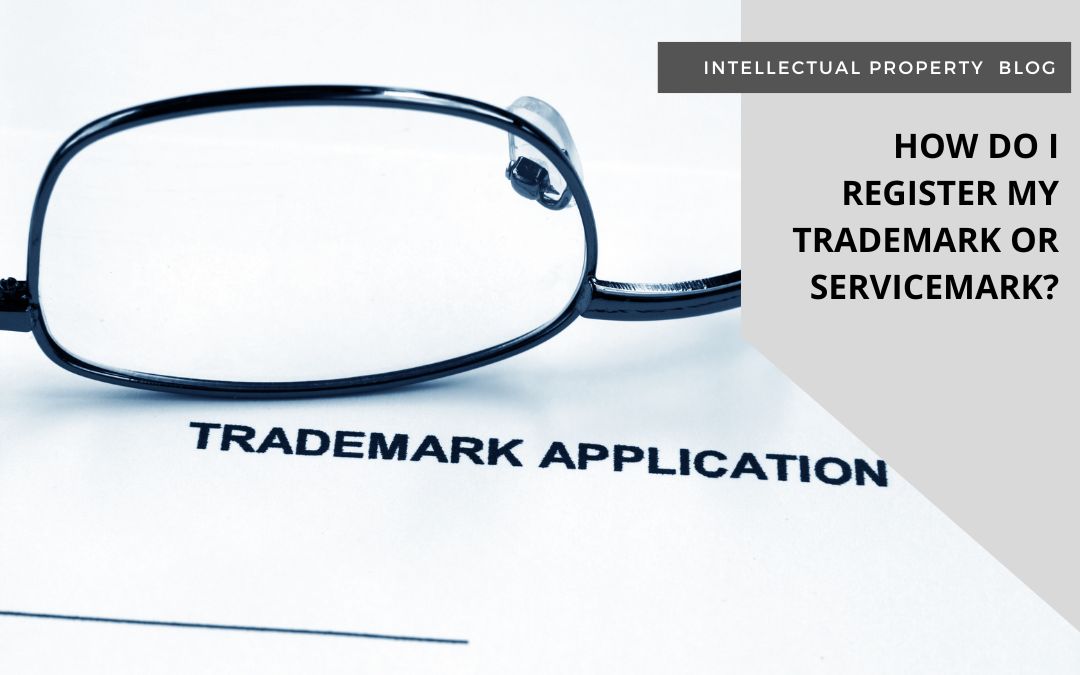
by | May 5, 2023 | Intellectual property law
You may register your trademark or service mark at the state level, federal level, and international levels. State Level Registering at the state level gives you limited protection for two reasons. First, your marks are not protected if your business or brand expands...
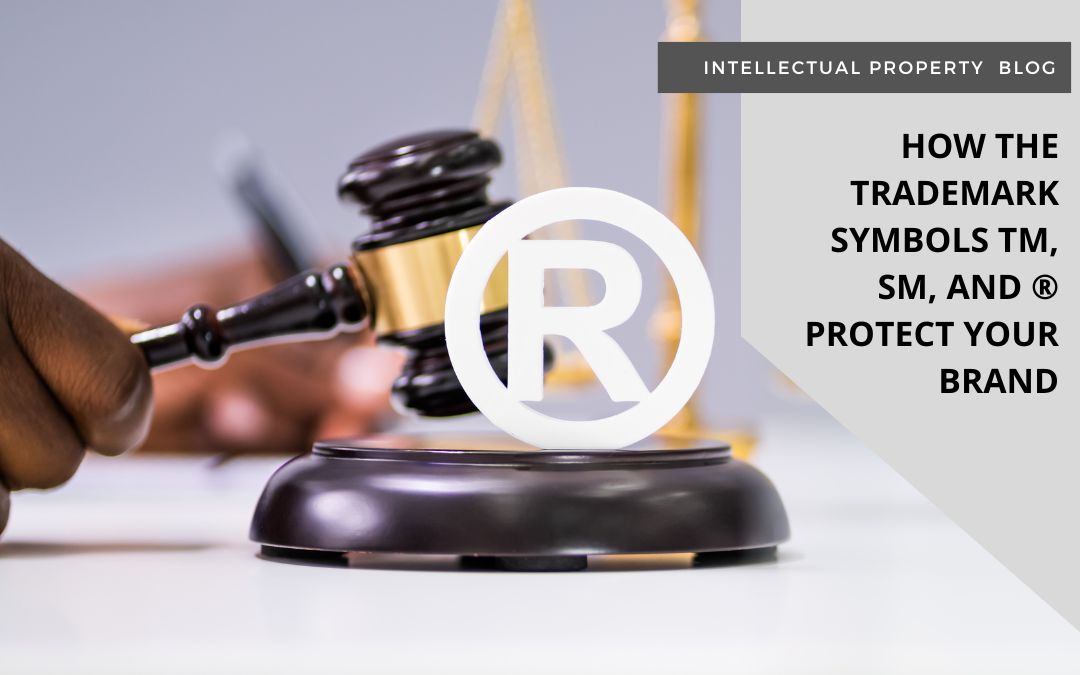
by | May 5, 2023 | Intellectual property law
The protection of your intellectual property, whether that be a copyright, patent, trademark, or trade secret, is largely up to the owner of the IP. Government agencies such as the United States Patent Office and the United States Copyright Office allow you to...
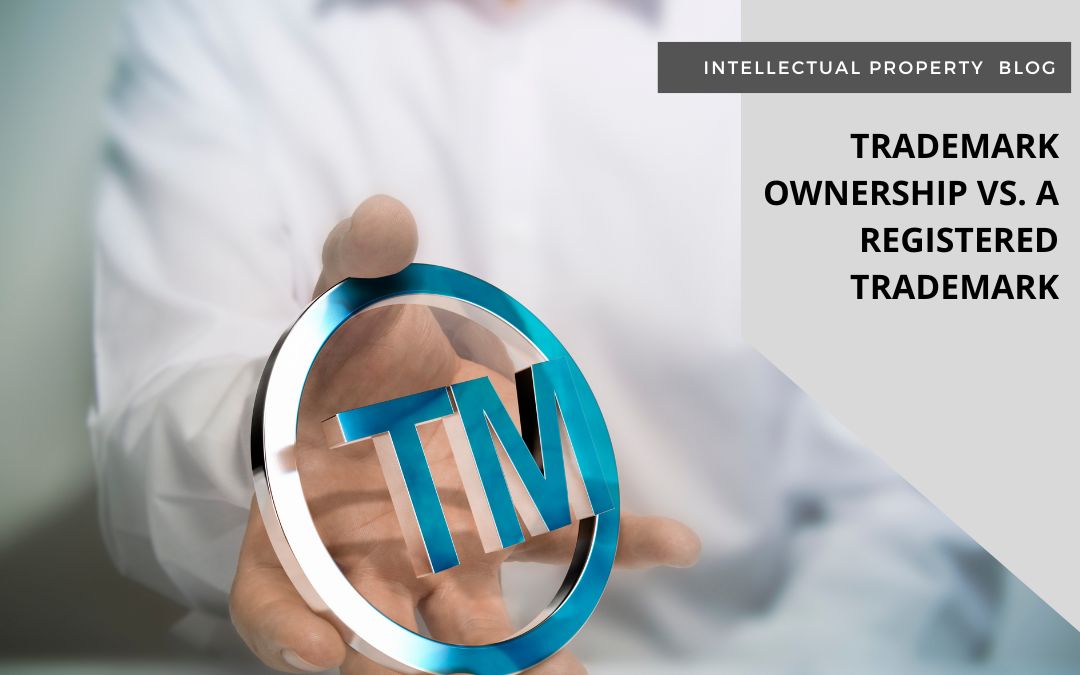
by | May 4, 2023 | Intellectual property law
There are two levels of protection for marks, unregistered and registered. Once a brand uses a trademark, that business owns that mark (assuming no one is already using it). The business develops rights by using the mark consistently and defending it. However,...
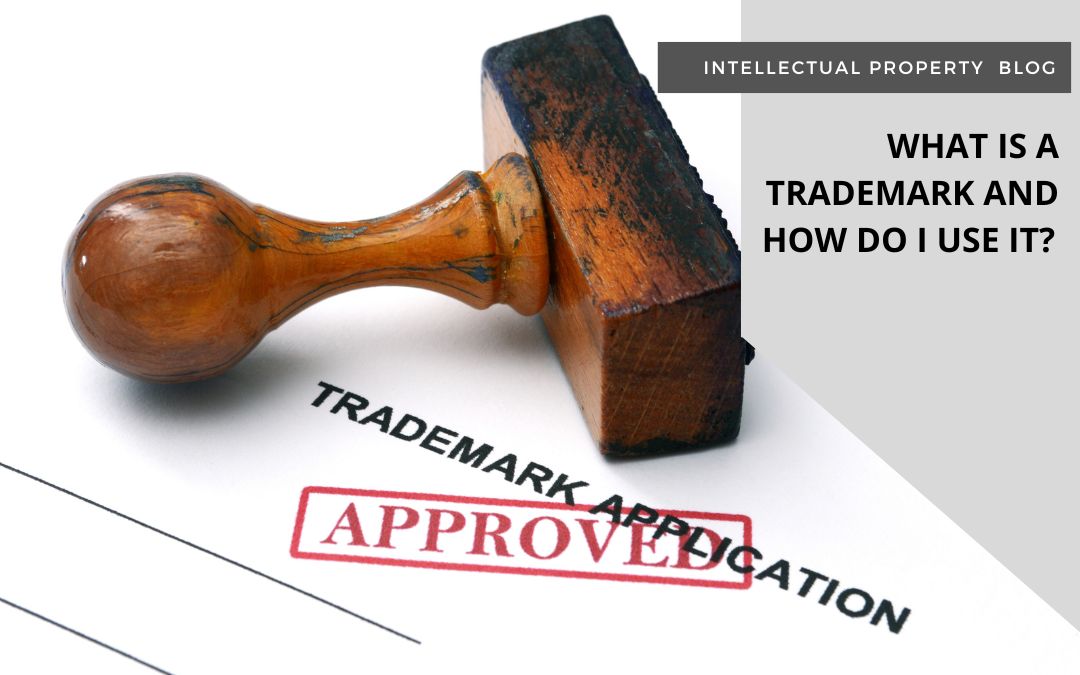
by | May 3, 2023 | Intellectual property law
According to the United States Patent Office (USPO), “a trademark can be any word, phrase, symbol, design, or a combination of these things that identifies your goods or services. It’s how customers recognize you in the marketplace and distinguish you from your...
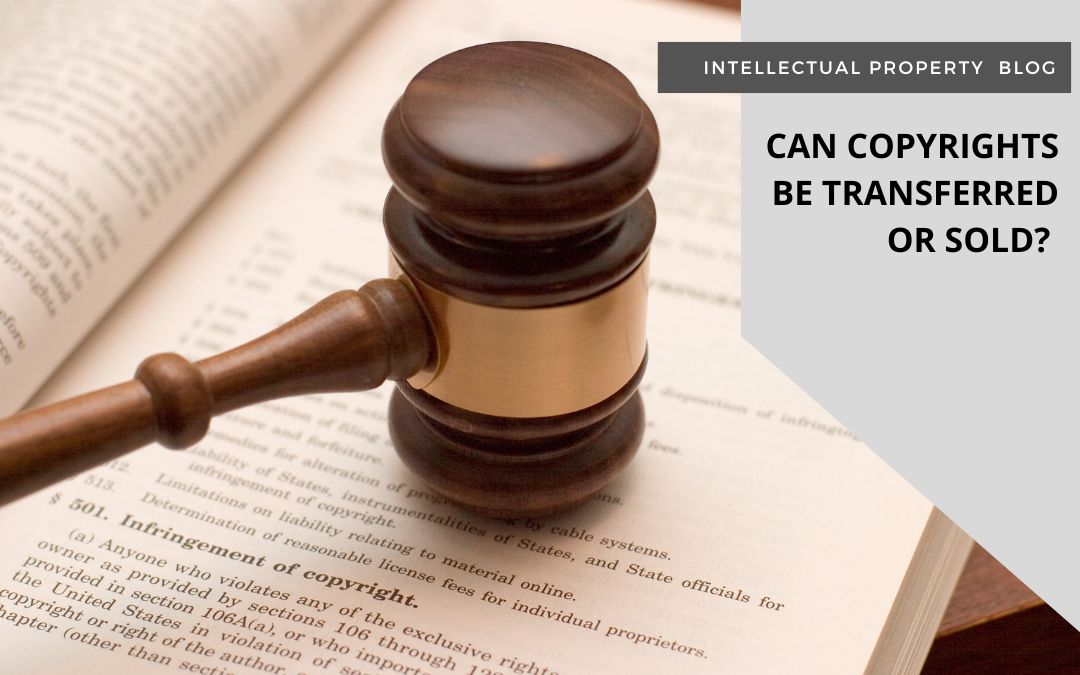
by | Apr 28, 2023 | Intellectual property law
Copyright Ownership, spanning all of the copyright owner’s exclusive rights, or a part of those rights, can be transferred. The transfer, however, generally must be made in writing and signed by the owner of the rights conveyed or the owner’s authorized agent. If this...
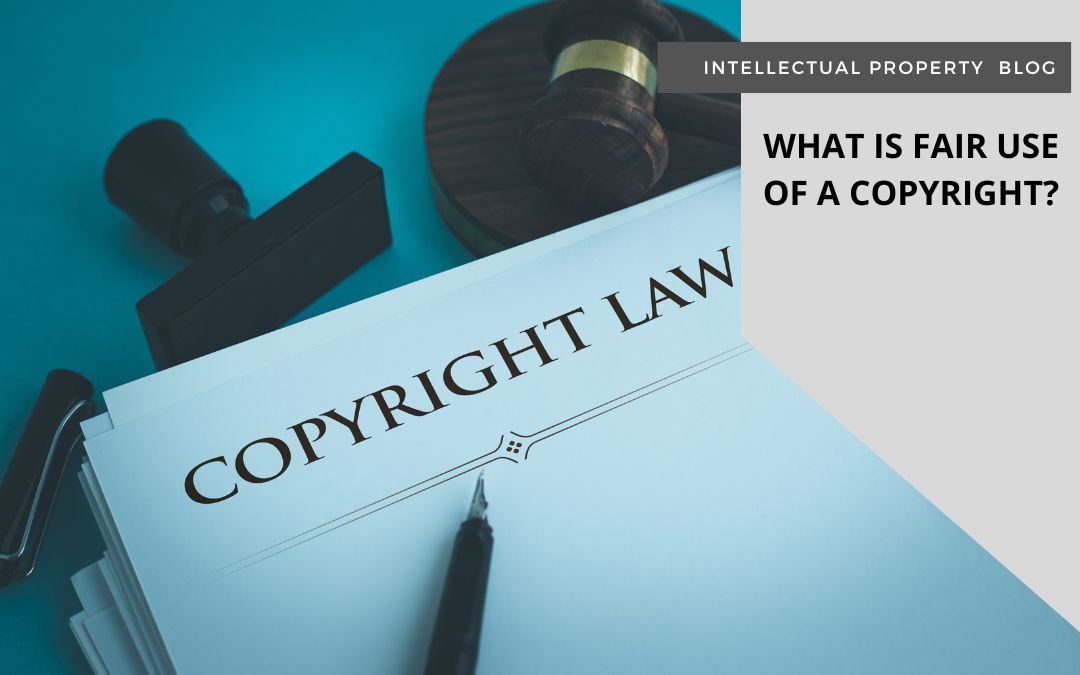
by | Apr 28, 2023 | Intellectual property law
Copyrighted works can be used by entities other than the creator in limited forms. U.S. copyright laws grant “fair use” of a copyrighted work for specific situations, including criticism, comment, news reporting, teaching, scholarship, or research. As long as the user...








